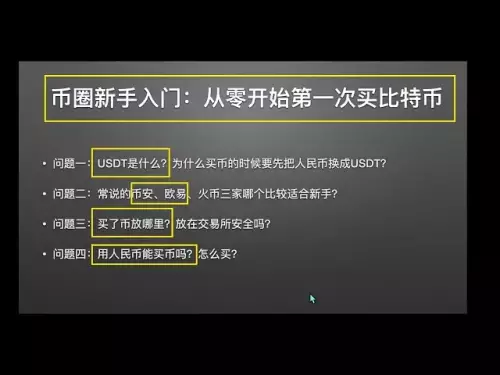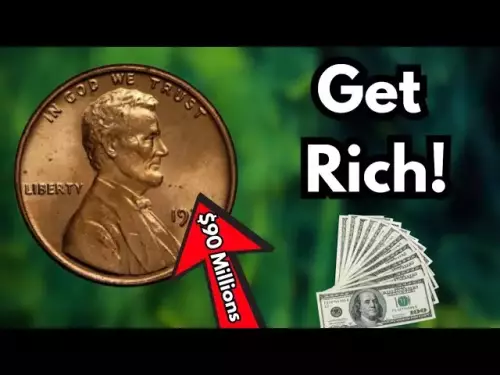 |
|
 |
|
 |
|
 |
|
 |
|
 |
|
 |
|
 |
|
 |
|
 |
|
 |
|
 |
|
 |
|
 |
|
 |
|
Thaler was relentless in pushing the limits of economic sciences beyond the presumptions of “rational agents.” Notably, he published the regular “Anomalies” series in the Journal of Economic Perspectives, as well as many articles, comments, and books to push the idea that psychology should be integrated into economics.

Alfred Nobel's will established the Nobel Prize, which is awarded annually to those who have made the greatest contribution to humanity in the fields of physics, chemistry, physiology or medicine, literature, and peace during the preceding year.
Later on, the Swedish central bank would create a sixth prize for economic sciences, which is officially known as the Prize in Economic Sciences and often referred to as the Nobel Prize in Economics.
The decision on who will receive the prize is made by several Swedish academic institutions.
Alfred Nobel's decision to establish the Nobel Prize was influenced by an event that occurred earlier in his life. When a French newspaper mistakenly reported his brother's death, it published an obituary titled "The Merchant of Death Is Dead." The article criticized Nobel for his invention of smokeless explosives, of which dynamite was the most well-known.
Nobel's inventions had a significant impact on the development of modern warfare, and he eventually purchased a large iron and steel mill with the intention of transforming it into a major armaments manufacturer.
However, being primarily a chemist, engineer, and inventor, Nobel realized that he did not want his legacy to be that of a man who had made a fortune from war and the deaths of others.
Today, Nobel's fortune is held in a fund that is invested to generate income for the Nobel Foundation and the gold-plated green gold medal, diploma, and monetary award of 11 million SEK (around $1M) that is given to the prize winners.
The prize money is frequently divided among multiple winners, especially in scientific fields where it is common for two or three leading figures to contribute together or in parallel to a groundbreaking discovery.
Over the years, the Nobel Prize has become the preeminent scientific prize, striving to strike a balance between theoretical and highly practical discoveries. It has recognized achievements that have laid the foundations of the modern world, such as radioactivity, antibiotics, X-rays, or PCR, as well as fundamental science like the power source of the sun, the electron charge, atomic structure, or superfluidity.
For a long time - practically since its origins with Adam Smith - economic sciences have analyzed macroeconomics with the assumption that the people making up the economy are rational actors.
From such ideas stemmed central concepts of economic science, such as:
This makes some sense, as people are mostly driven by their own interests, and most economics (trade, currency, etc.) involve logical and rational decisions. But at the same time, it is not so hard to find plenty of real-life examples where individuals, companies, or entire nations make all but rational choices. And especially when it comes to economics and money.
For example, someone might gamble his life savings away in a casino, even when knowing that the probabilities are against him. Or a company's management might make risky gambles that endanger a corporation more than a century old.
This has long troubled economists, who knew deep inside that the “perfectly rational agent” assumed in most economic models is an oversimplification.
This led to the development of a new discipline, sitting at the junction between the study of economics, and the study of human psychology, called behavioral economics.
One key founder of this discipline has been Richard H. Thaler, who was rewarded with the Nobel Prize in Economics in 2017 for his contributions to behavioral economics.
Thaler was relentless in pushing the limits of economic sciences beyond the presumptions of “rational agents.” Notably, he published the regular “Anomalies” series in the Journal of Economic Perspectives, as well as many articles, comments, and books to push the idea that psychology should be integrated into economics.
Throughout his career, he would further elaborate and build a large array of analyses on the limited rationality, or sometimes irrationality, of our economic decisions. Among these are three key concepts:
Thaler's first insight was into people's tendency to make economic decisions based on gains and losses relative to some reference point. This differed from conventional economic wisdom, assuming a rational choice for a given amount of wealth or utility (like health).
He also demonstrated it in multiple studies where he investigated people's preferences when facing hypothetical scenarios. For example, a $100 to a $200 gain (or loss) has a larger utility impact than moving from a $10,100 to a $10,200 gain (or loss), despite the gain/loss being actually identical.
Another example is how taxi drivers drive less on days with high demand and more on days with low demand.
This is not rational economic behavior, but it makes sense if the mental goal is to reach a certain reference revenue for the day instead of maximizing profits over time.
A key influence is that people are known to be much more averse to loss than appreciative of gains. This can sometimes manifest as an order of magnitude greater sensitivity to losses or fear of losses than greed for gains.
So, for example, when faced with equal
Disclaimer:info@kdj.com
The information provided is not trading advice. kdj.com does not assume any responsibility for any investments made based on the information provided in this article. Cryptocurrencies are highly volatile and it is highly recommended that you invest with caution after thorough research!
If you believe that the content used on this website infringes your copyright, please contact us immediately (info@kdj.com) and we will delete it promptly.






























































